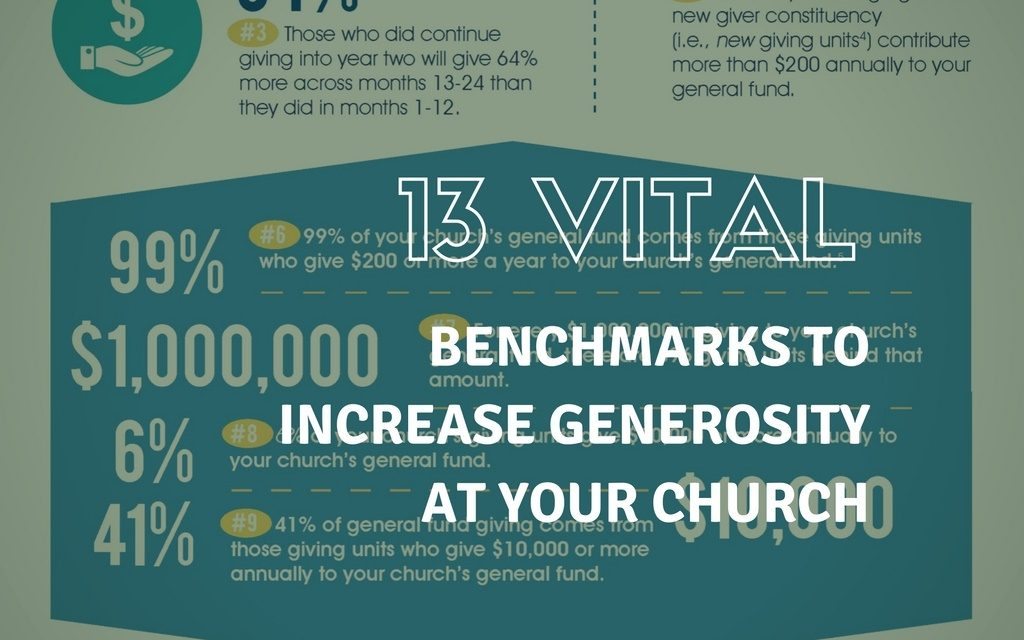Uncover The Captivating History Of Catholic Schools And Their Deep Impact On Education-- Could Their Customs Supply Insights For Future Learning?
Uncover The Captivating History Of Catholic Schools And Their Deep Impact On Education-- Could Their Customs Supply Insights For Future Learning?
Blog Article
Material Author-Rytter Galloway
When you consider the history of education, Catholic schools stick out for their ingrained practices and enduring impact. These institutions started as a means to impart belief and values, however they have actually adapted remarkably over centuries. Today, they play a critical function in shaping not just academic success but additionally moral integrity. What's intriguing is how they have actually managed to flourish in the middle of transforming cultural landscapes, questioning concerning their future importance and influence.
The Beginnings of Catholic Education: A Historical Point of view
Catholic education traces its roots back over 1,500 years, when very early Christian neighborhoods recognized the need for organized learning. You'll locate that these communities aimed to pass on their faith and values with education.
Monasteries and cathedral schools ended up being centers of knowing, supporting both spiritual and intellectual development. As you dive much deeper, you'll see that the curriculum frequently included ideology, faith, and the liberal arts, created to develop versatile people.
Gradually, the Church established much more official establishments, making certain that education and learning continued to be accessible to all. The commitment to mentor moral worths and fostering a sense of neighborhood has lingered via the centuries, shaping the educational landscape and affecting numerous lives worldwide.
Read the Full Report -lasting tradition remains to motivate Catholic education today.
The Evolution of Catholic Colleges With Cultural Contexts
As societies advanced, so did the function of Catholic institutions, adapting to the social contexts in which they existed. In the early years, these organizations concentrated mostly on religious guideline, however as areas branched out, they started to include neighborhood languages, customs, and instructional requirements.
You would certainly discover that Catholic institutions usually came to be centers for social cohesion, promoting a sense of belonging among trainees from numerous histories. In numerous areas, they resolved societal concerns, such as poverty and discrimination, by supplying easily accessible education and learning for all.
As you check out different societies, you'll see just how Catholic institutions have actually changed their educational program and teaching approaches, showing the worths and challenges of their atmospheres while holding to their fundamental objective of confidence and scholastic quality.
The Modern Duty and Influence of Catholic Schools in Society
In today's world, Catholic institutions play a crucial function fit not just the educational landscape, yet additionally the broader community.
You'll find that these institutions stress worths like regard, compassion, and social justice, cultivating well-rounded individuals who add positively to culture. By focusing on academic quality and moral development, Catholic colleges prepare trainees for future difficulties, supporting essential reasoning and management skills.
They frequently offer varied populaces, bridging gaps in accessibility to top quality education and learning. Furthermore, simply click the next internet site might notice their dedication to solution, urging students to take part in neighborhood outreach and volunteer job.
This blend of education and ethical support makes Catholic institutions a significant pressure, growing responsible citizens that can influence their neighborhoods for the better.
Verdict
To conclude, Catholic colleges have an abundant history that's shaped their long-lasting influence on society. You've seen how they have actually adapted to numerous cultural contexts while keeping a commitment to belief, values, and scholastic excellence. Today, they remain to play an important role in cultivating community, advertising social justice, and nurturing liable citizens. As you reflect on their heritage, it's clear that Catholic colleges remain an effective force for favorable modification on the planet.
